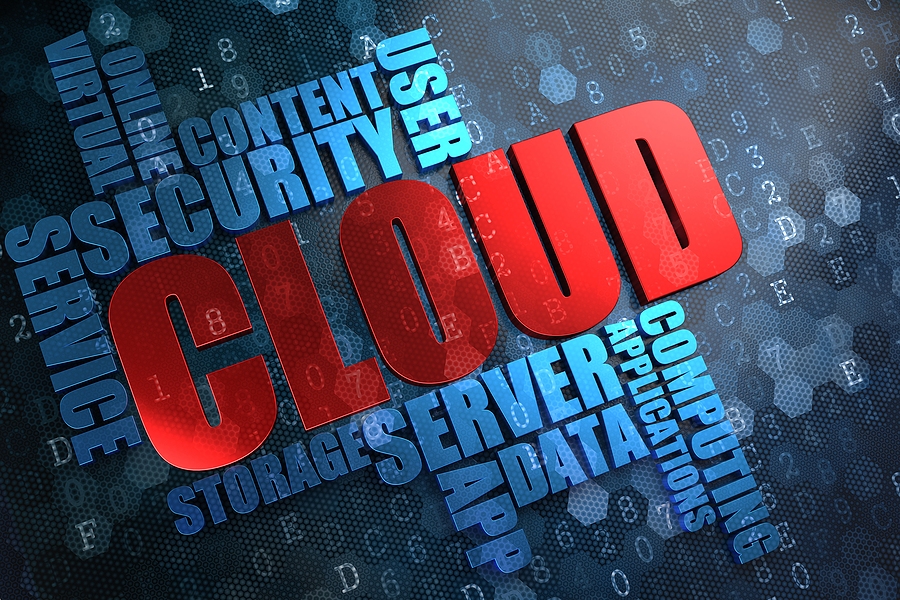In a business atmosphere that demands companies remain nimble, moving to the cloud makes sense. It allows employees to collaborate while working from any location. For the company, a cloud-based operation provides the benefits of being scalable and cost-efficient. This solution seems perfect. In the race to move to the cloud, it can be easy to overlook security issues. These need to be addressed with the cloud ERP host before anyone picks up a pen to finalize a contract.
Five Questions to Ask About Cloud ERP Security
- What measures do you take to encrypt my data?
Data security is a central consideration when choosing a cloud ERP host. Your company data must be protected while uploading and downloading. The high level of security also extends to the servers. A data breach could lead to exposure of confidential client information as well as potential legal liabilities.
A good cloud ERP host will provide encryption while the files are in transit and during storage. The hosting company should provide a minimum of TLS/SSL 128-bit encryption for files moving to and from the server and AES 256-bit encryption for files on the server.
2. Who will have access to my data?
- Once your data is out of your “sight,” so to speak, you want assurances that it will be secure. The cloud ERP host should have policies in place to protect its clients’ data. These would include details about the following:
- The policies restricting access to client data
- The specific policies the host’s IT teams can carry out
- The steps that the host company uses to detect and block unauthorized access to your data
- Consider a cloud ERP host that offers end-to-end encryption if your business deals with confidential data. Only authorized team members will have the authentication key needed to decrypt your data with this option. Your cloud host provider will not be able to access it.
3. How do you monitor my account?
Your cloud ERP host should be able to explain to you exactly how it will monitor its client accounts. This category includes which users are accessing files and when they are accessing them. The hosting company should also be documenting other activities, such as who is changing settings or permissions. Make a point of asking the company what steps it would take to alert your administrators (and revert to previous versions) if any suspicious activity were to happen.
4. Where are your servers located?
The hosting company may have its servers in another state or even another country. You will want to clarify this point since this information determines your compliance responsibilities. Data protection rules may vary, depending on the jurisdiction. It is something you will want to learn before finalizing a contract.
5. What contingencies are in place if my data is lost or corrupted?
No business owner ever wants to be in a position where their data is lost or destroyed. However, it is necessary to prepare for these situations in case they ever occur. The cloud host you are considering should describe the measures they have in place for long-term data protection. The company should keep several backup copies of client data in case of a data loss event.
A good cloud ERP host will be willing to share its security standards with you. Don’t hesitate to do your homework to confirm the company meets recognized standards as well as provides clear answers to these questions before you finalize your decision.
If you have questions about switching to cloud ERP, speak with some of your colleagues who have already transitioned from site-based to cloud software. As South Carolina’s leading source for accounting and ERP software solutions for businesses of all sizes, ASI is happy to share our observations of how cloud computing has helped many manufacturers remain competitive, save time, and improve efficiency. Our team of experts can meet with you personally or over the phone to discuss your options in detail. Contact us today for your free consultation.

